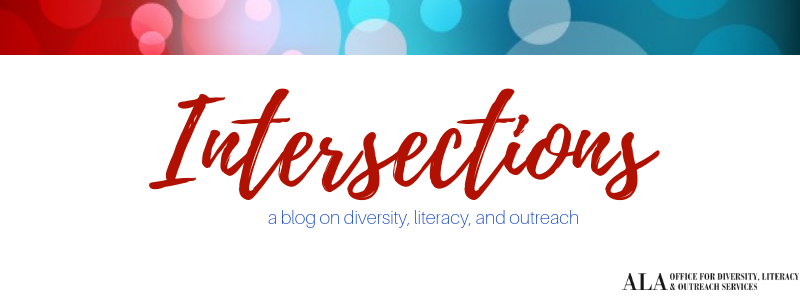
By: Mallory Pillard, Library Director, Trinidad Carnegie Public Library
After the Association of Rural and Small Libraries Conference, I returned to my library in Trinidad, Colorado to learn of the suicide of one of our patrons experiencing homelessness. I had just presented at ARSL about tips for serving the homeless and discussing the challenges that rural libraries face; it was an uplifting and energetic learning experience. But our patron’s death was particularly emotional for me; he was 21 years old, we had been working together to try and obtain an ID, and I often boiled water for his oatmeal. As patrons go, I knew him better than most, but the article in the paper made him sound like a stranger. “Last known address, California,” it read. The day before his death, he visited me at the library; I take some comfort in knowing that I gave him a hug.

We grieve, but we must move on. The next day, my team of colleagues had a presentation to City Council. After a year-long learning experience about housing types and homelessness in Colorado, we made a partnership with Denver University’s Burnes Center on Poverty and Homelessness. For the first time, a survey of those experiencing homelessness was collected, and the presentation to Council was to educate them about this effort. The Burnes Center did an incredible job of compiling a report for our presentation, and for once, we have specific data about the needs of the homeless in our community, rather than in larger, surrounding cities.

The presentation wasn’t received well, to say the least, and what amounted to a few years of emotional work got brushed off in less than a half hour by City leadership. It was discouraging, but there were some positive takeaways, nonetheless. One of the positive outcomes was a series on the local newspaper that addresses homelessness with more compassion than simply “last known address.” We met people in the meeting who wanted to help.

Particularly when community meetings go poorly, I wonder how one might actually change the perception and the culture of those in the community. It makes my day if I hear someone say, “I never would have thought about it that way” after I outline the statistics and challenges surrounding homelessness.
It’s been a long personal journey into researching homeless challenges. It began with a feeling of inadequacy as a librarian and community member; I didn’t have a resource list to give to patrons because the typical resources didn’t exist. We sought out partnerships and relationships to bolster services and educate. At the very least, a library should be able to hand over directions or a phone number for help and when I wasn’t able to do this, I felt the burden that a lot of rural libraries face when resources don’t meet the need.

My belief is that if there are no resources available, it is incumbent upon the library to create some. We began a partnership with the laundromat to provide free laundry vouchers. We dedicated a bookshelf as a food pantry, and for the 5th year in a row, we gave Thanksgiving meals to those who need them. A couple of years ago, we became a completely fine-free library—in my community, people often were sacrificing their gallon of milk or lunch for their fine. At Christmas, we have a clothing drive and attempt to get warm coats and hats to those that need them.
I often get questions about the role of the library in the community. To me, the library exists to provide services that the community needs. My community needs food and housing at the very least and I believe that no one should have to choose between a full imagination and a full stomach. We work to make those things better every day, in addition to all the other services that the library offers.
